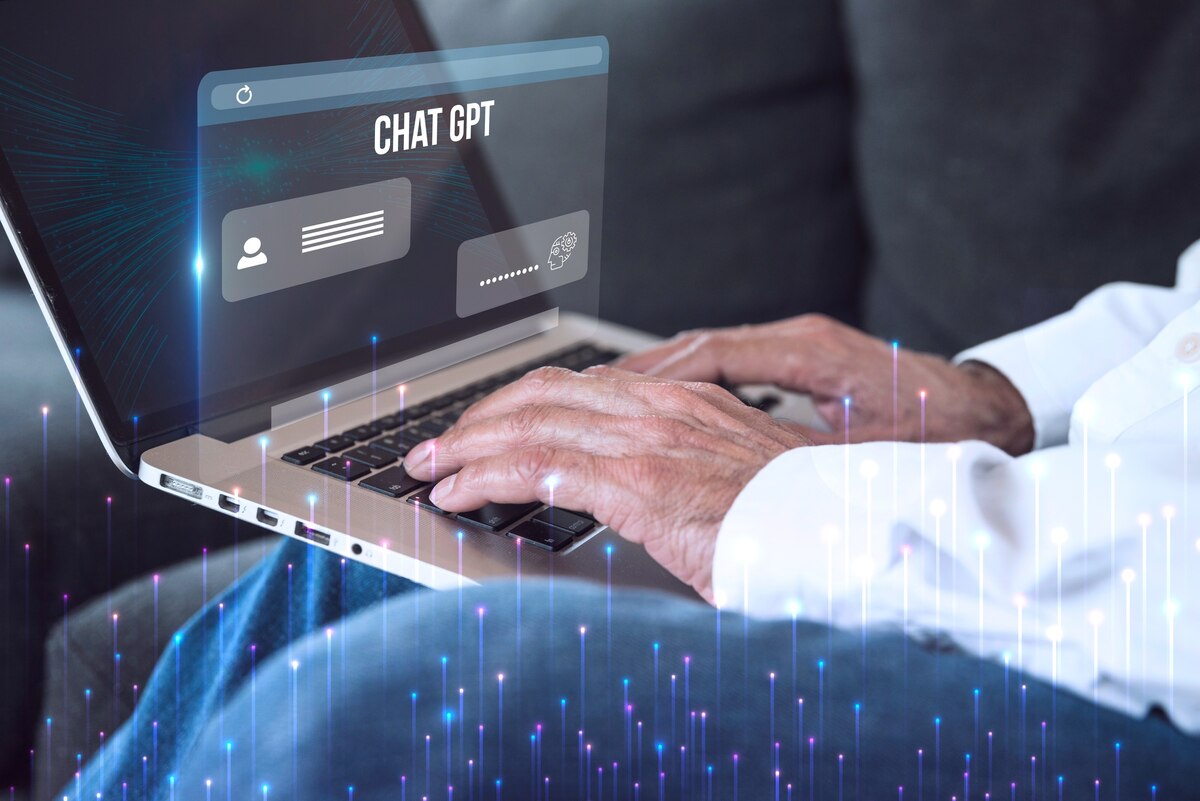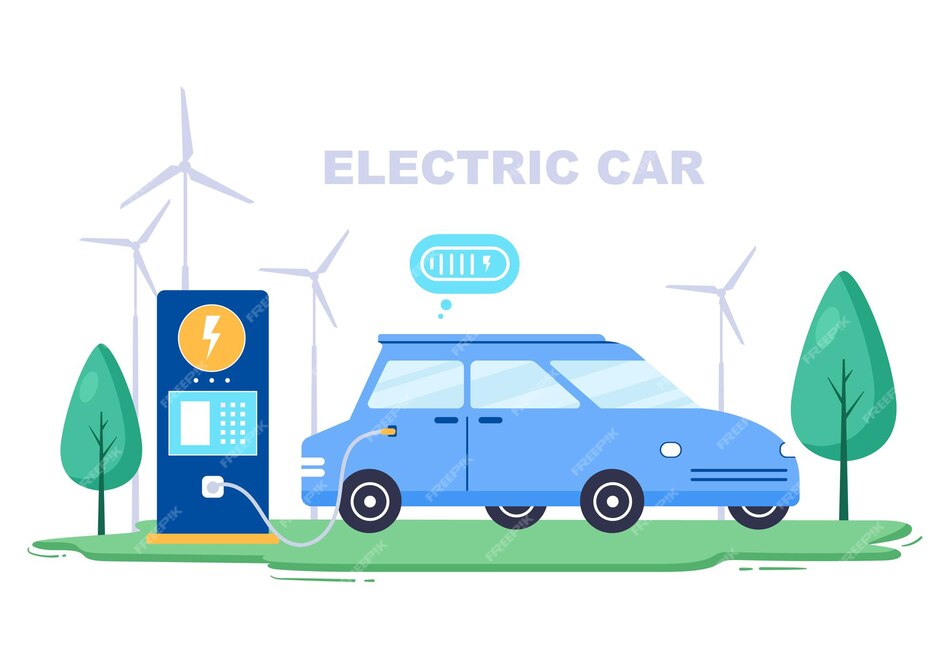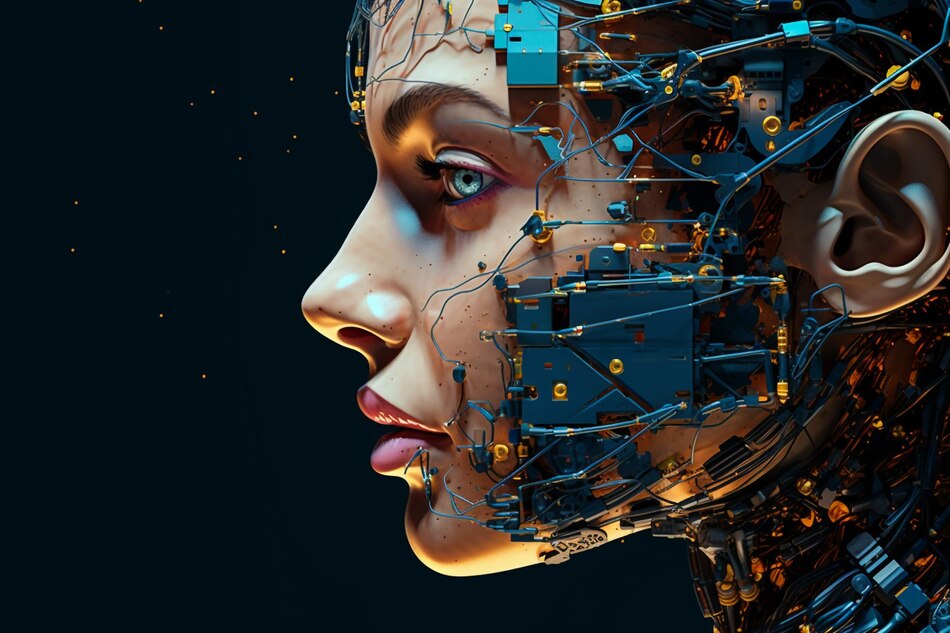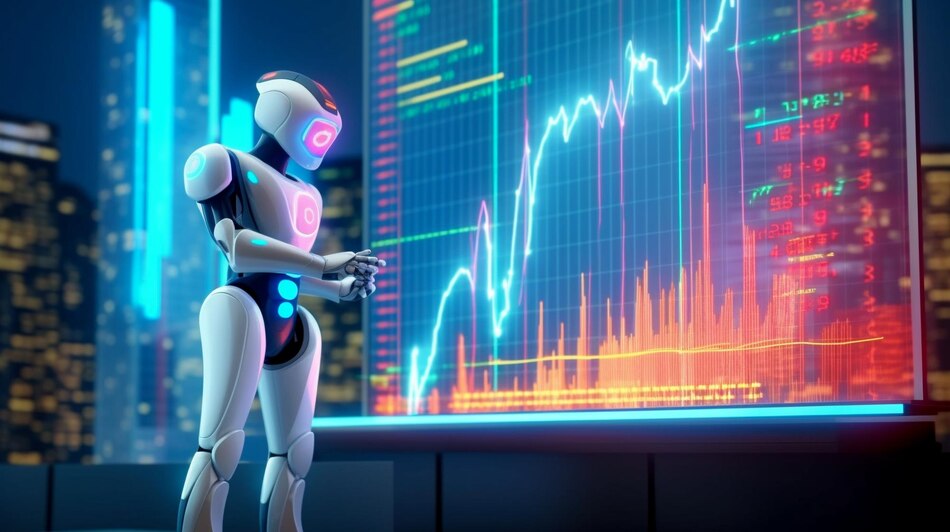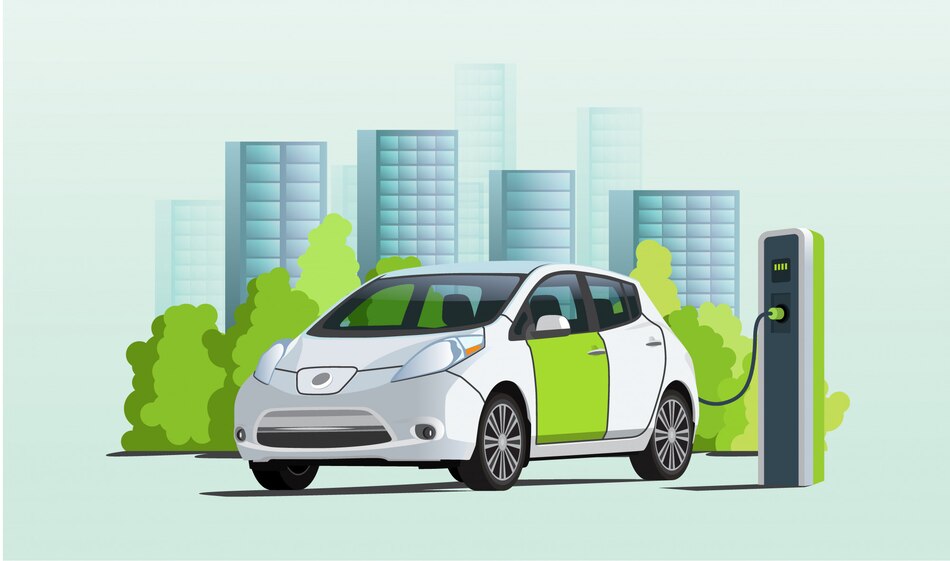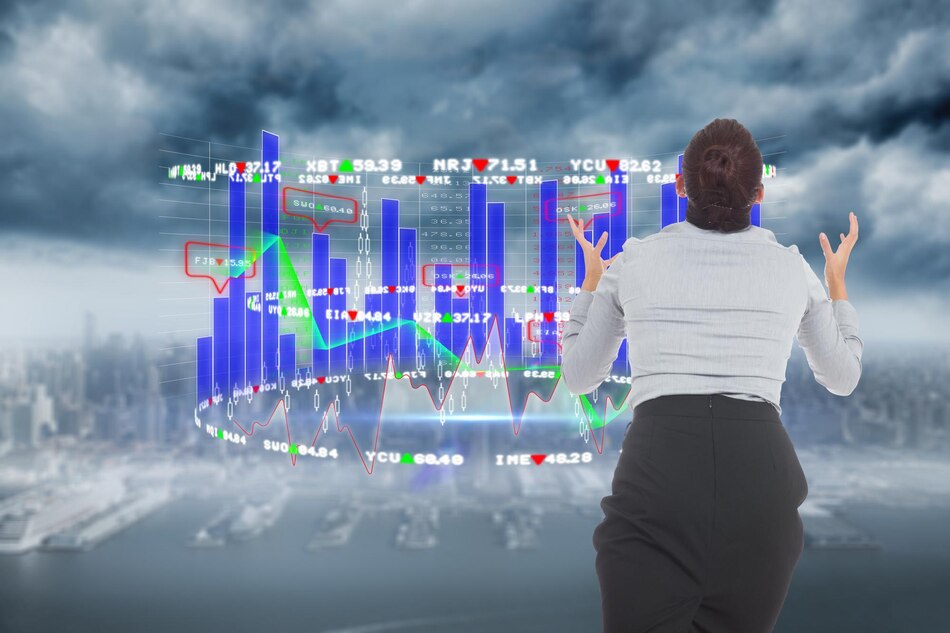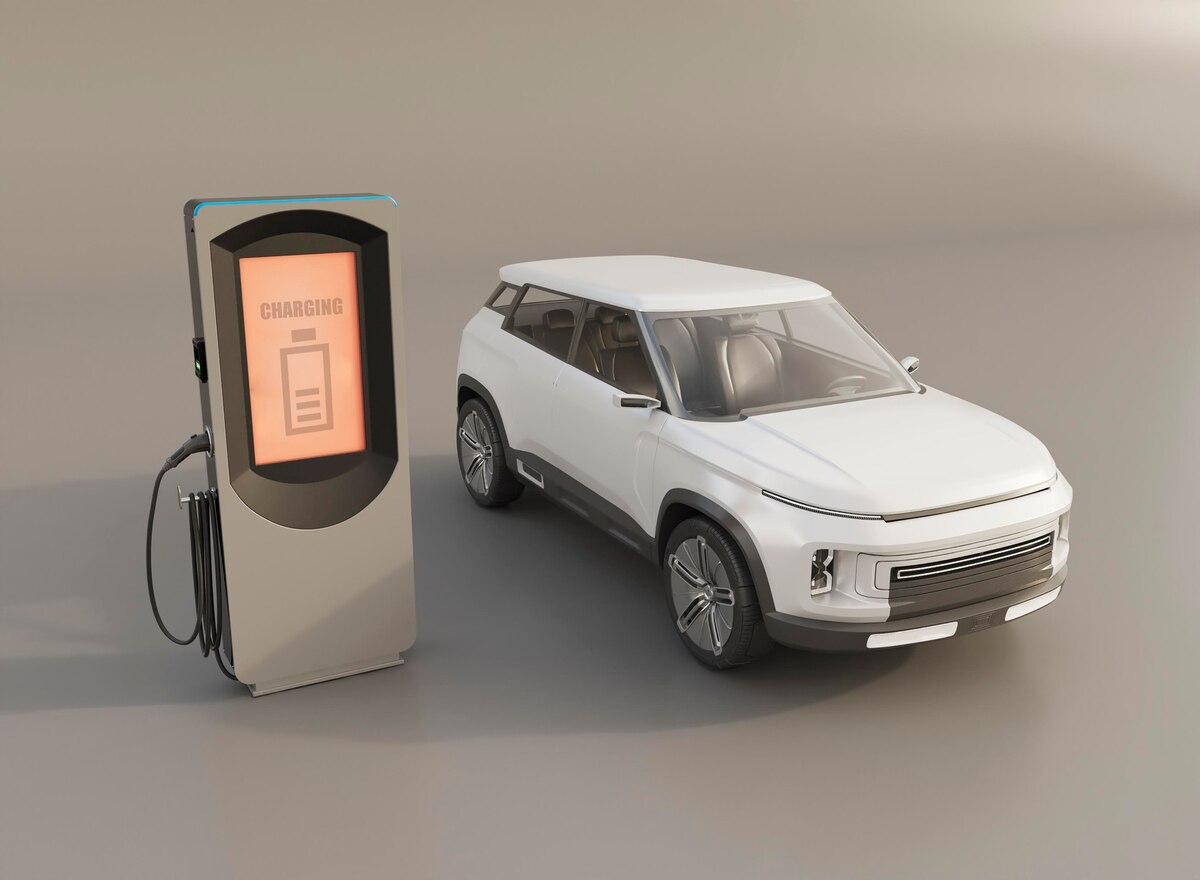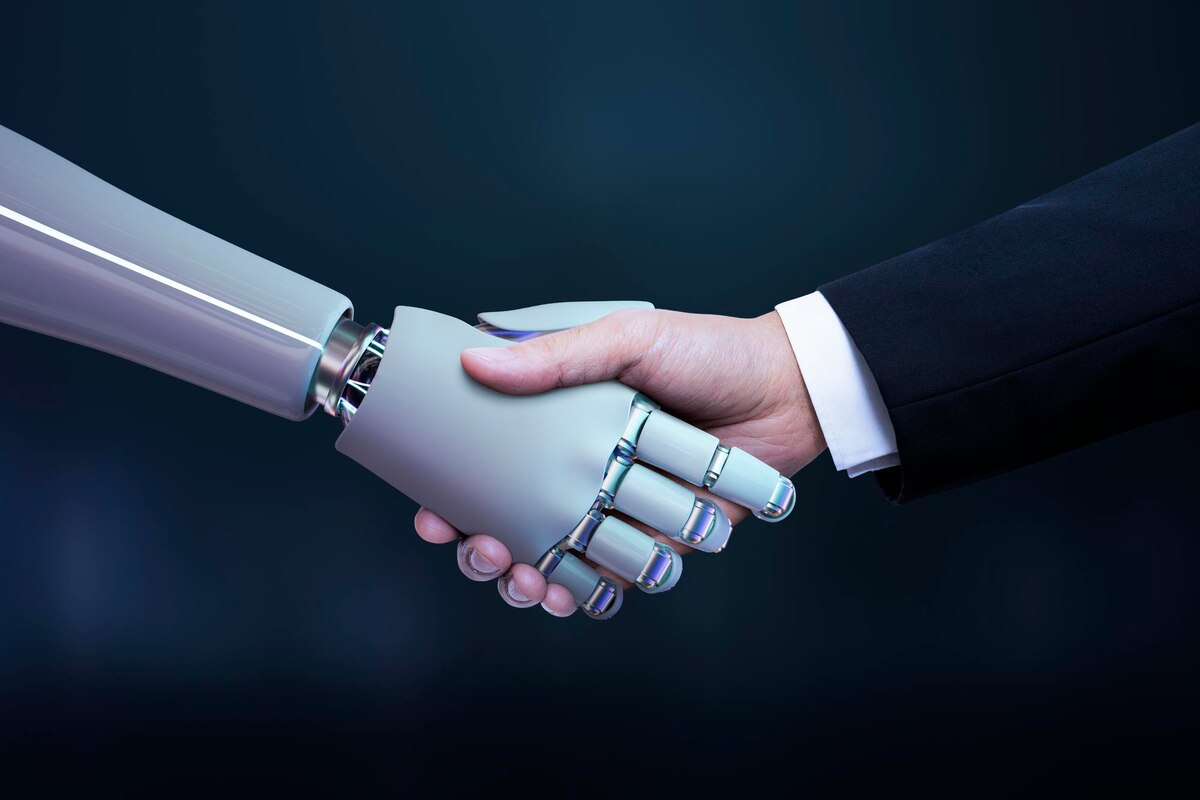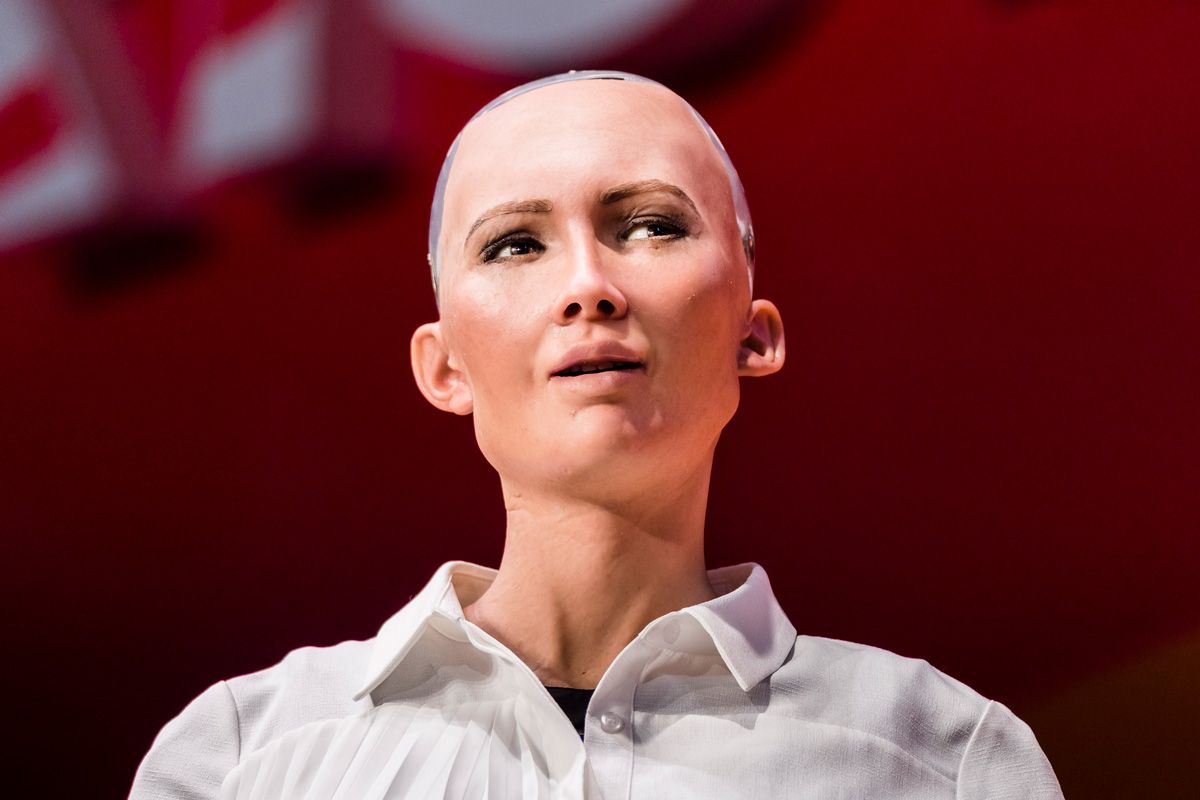The Future Of AI: Transforming Society, Industries, And Human-AI Collaboration
AI has changed from a science fiction idea to a threat to society. It changed when I came from books and movies and entered real life. The 1956 Dartmouth Summer Study Project was a turning point in the study of AI. In the next five years, AI will have a more significant effect on society, causing problems and changes that have never been seen before.
How AI Affects Society
Artificial intelligence changed because of the Dartmouth Summer Research Project in 1956. Science fiction became a field of study because of it. “Artificial intelligence” was first used in this project, led by John McCarthy. It was also essential to get AI workers organized. AI development was problematic initially because the hype was more significant than the technology. At the end of the 20th century, IBM’s Deep Blue beat Gary Kasparov significantly.
This fantastic win broke through a hurdle and changed the history of chess. Before, robots were only found in science fiction. They are now accurate. Moore’s Law offered “big data” and exponential growth in computer power, which helped AI grow. AI can now go through vast amounts of data and learn to do only things humans can.
The new life of this machine can still be seen and felt today. AI is a part of our everyday lives. Voice helpers like Alexa, recommendation engines like Netflix, and the first steps toward self-driving cars are all examples. However, even more significant changes will be in the next five years.
Increased Life Speed
As long as AI is used by big companies to make decisions, the number of times people deal with these institutions will clearly increase. Businesses, the government, and groups that deal with many people every day need to use AI to help them make decisions more quickly. Life moves faster because systems run by AI have to make many decisions quickly. This speedup changes how people do these things, which makes things run more smoothly.
The End Of Privacy: Ethical Problems
AI systems that are too smart will make privacy impossible, one of the biggest problems people will have to deal with. People have a moral duty to protect their privacy because these systems know more about them than the people themselves. In the next five years, you will be able to get personal information for less money. It will be less safe to be private now. People may not have been able to share personal details fully because of a technical issue, even though they thought it was right.
Environment Of Regulations
As AI grows in popularity, governments worldwide are looking for ways to control its use. At every level of government, from the local to the national to the global, new AI rules are being written, put into action, and applied. In the US alone, there will probably be a lot of hard-to-understand AI laws as city, state, and federal governments try to figure out how to follow the rules for this quickly changing technology. Changes to regulations will make things harder for companies that use AI, adding to the already complicated web of legal problems that need to be thought about.
Human-AI Teamwork
People are afraid of AI; the only way to eliminate that is for people and AI to work together. People don’t see AI as a threat to their survival; instead, they want to use it to improve people. AI is likely to be used by companies and governments as a partner to help people reach their goals. This method focuses on keeping people involved in tasks that AI will significantly affect while also considering the psychological effects of how AI is presented in science fiction. Putting people and AI together is necessary to deal with and ease social worries.
How AI Changes Industries
Education
The way we learn is also changing because of AI. In five years, students will expect a unique learning experience where they will get training and tools designed to meet their needs. AI programs will determine how to teach best by considering how people learn differently. By 2028, schools may have changed so much that it’s impossible to tell the difference between the new and old ways of doing things.
Healthcare
Soon, AI will be used by all doctors and physician assistants in the healthcare field. Doctors should be able to make better decisions now that AI is added. Some things could be improved with this growth, though. One is that patient data is very private, and the rules that protect it take time to understand. This could add to the difficulties of the medical-legal system and raise the costs for people who work in healthcare.
Finance
AI, which is helpful in banks, comprises natural language processing and machine learning. Banks, financial advisors, and high-tech robots will be able to better connect with customers in many situations, such as when they need to check their credit scores, find scams, make financial plans, deal with insurance problems, or provide customer service. AI systems will also be necessary to make it easier and faster for big players to carry out their business plans.
Law
AI is becoming more important in Law, which means things are about to change. Few people may work in small and medium-sized law firms because AI systems can help small teams do their work faster and cheaper. Chatbots with AI can already list the rules that apply and write the terms of a contract. If AI growth continues as planned, there may be many fewer lawyers in the US by 2028.
Transportation
Self-driving cars will soon be used by most people, changing the transportation business. When cars can drive themselves, we will see many changes to how we move, from personal cars to work trucks and even planes. One clear sign that we are now living in the age of AI is the rise of transportation run by AI.
Conclusion
We will look into the cutting edge of AI for the next five years. Both good and bad things happen when technology and society come together. Everything is affected by AI in a big way, from making decisions faster to changing whole businesses. To move forward, we need to not only accept growth in technology but also deal with the moral, legal, and social problems that arise as AI grows. As AI becomes more common, we must be careful and work together to ensure that people and AI can live together in peace in the future.
